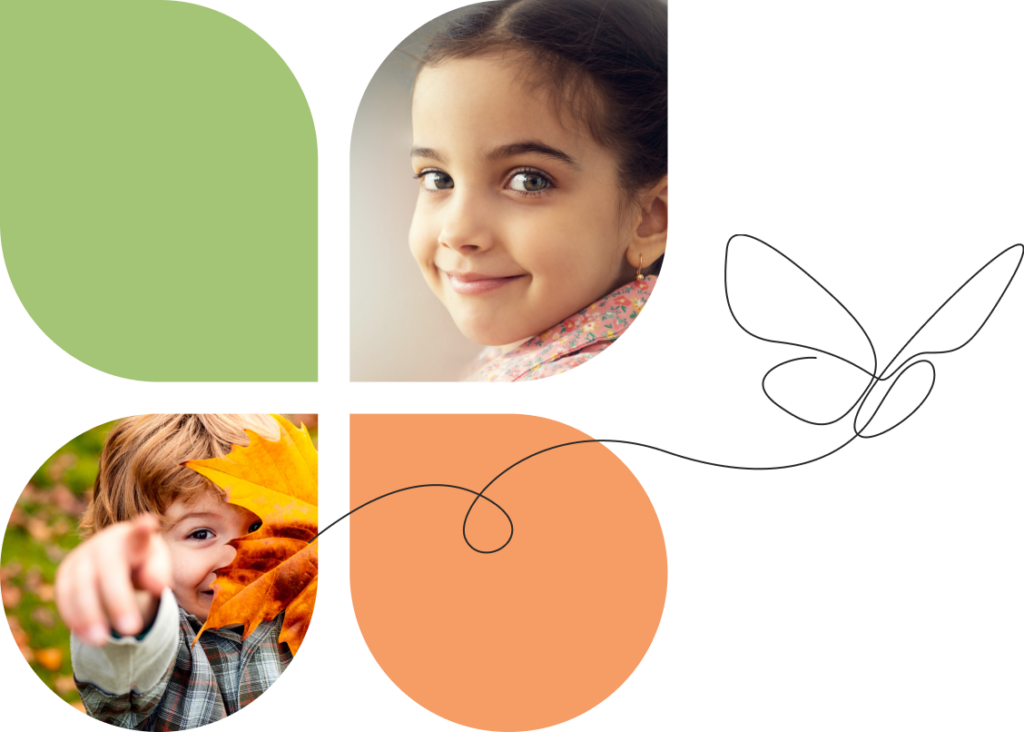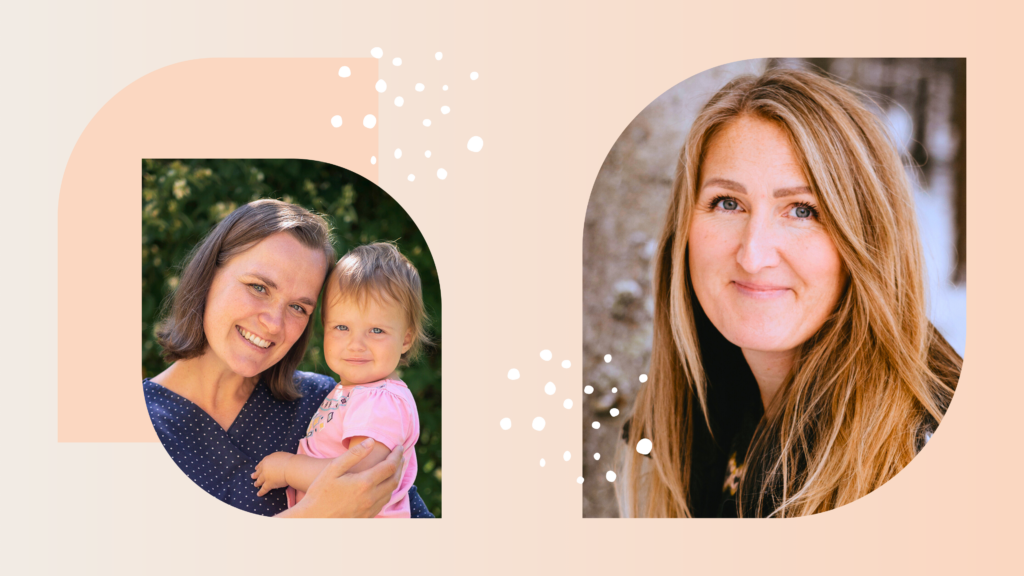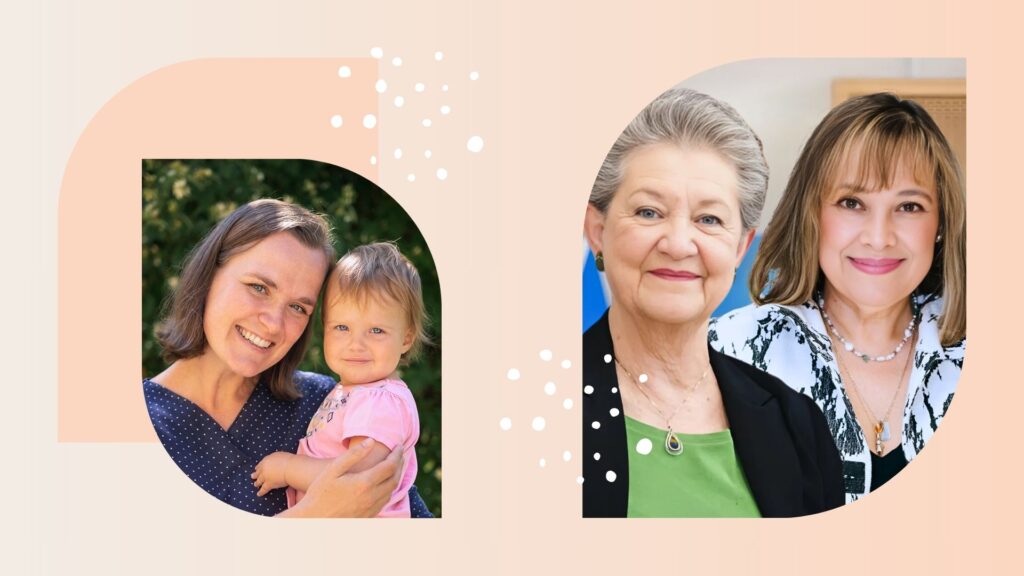In the fast-paced world where multi-tasking has become a norm, taking a moment to simply observe might seem like an outdated concept. Yet, the art of observation is a potent tool, especially in the realm of education. The Montessori method, in particular, places a significant emphasis on observation, revealing its unparalleled role in understanding and fostering a child’s development. In this blog post, we delve into the insights shared in a comprehensive discussion with Pamela Greene, a seasoned Montessori educator, consultant, and founder of Ananda Montessori. Pamela brings decades of experience to the table, offering invaluable perspectives on observation’s role in Montessori education.
The Essence of Observation in Montessori
Observation, as highlighted by Pamela, is not merely about watching children. It is about noticing the nuances of a child’s interactions with their environment, materials, and peers. It involves a deep understanding of the child’s needs, interests, and developmental stages. This understanding then informs how educators and parents can better prepare environments that are conducive to the child’s growth.
Preparing to Observe
One of the critical aspects Pamela notes is the preparation involved in observation. Before engaging in this practice, it’s crucial to bring oneself to a state of stillness and openness. This preparation allows the observer to truly see the child without preconceived notions or biases. Observers are encouraged to give space, both physically and metaphorically, to remove themselves from the equation and see the child’s actions and choices with clarity.
Observation in Practice
The Montessori method encourages observing children in their natural state – focusing, interacting, or even engaging in what might seem like repetitive play. These moments of deep engagement are golden opportunities for observation. Pamela shares that these observations are not just about what the child is doing but also about what these actions signify in their developmental journey.
For instance, a child intently working with materials, showing repeated interest, or even displaying what might appear as random play, is often exploring and mastering skills.
Insights from Observation
Observation reveals much about a child’s developmental needs and interests. Montessori educators and parents can use these insights to tailor the learning environment, ensuring it supports the child’s current developmental stage. Whether it’s introducing new materials or adjusting the existing setup, observation guides these decisions.
Additionally, Pamela points out the natural occurrences of “false fatigue” during a child’s work cycle – a phenomenon where children display a temporary decline in focus or engagement. Observing these moments without immediate intervention often leads to deeper engagement and concentration as the child navigates through this phase.
Tools for Effective Observation
Pamela introduces the concept of the “Running Record” as a tool for observers. This method involves noting observations on one side of the paper while reflecting personal thoughts and feelings on the other. This process encourages observers to differentiate between what they objectively see and their subjective interpretations or reactions.
Starting the Observation Journey
For parents and educators new to the concept of observation in Montessori, Pamela’s advice is straightforward: give space, approach with curiosity, and allow the process to unfold naturally. Observing with the intention of understanding rather than directing offers profound insights into the child’s inner world.
Conclusion
Observation in Montessori education is about seeing children for who they are, respecting their individual paths of development, and providing environments that support their growth. Pamela Greene’s deep dive into the art of observation serves as a testament to its transformative power, inviting educators and parents alike to embrace this practice wholeheartedly.
As we continue to explore the potential of observation in Montessori education, we are reminded of its simplicity and its profound impact. It is a reminder that sometimes, the most significant growth comes from just taking a moment to watch and listen.
Meet our esteemed guest
Pamela Green is a mother, Montessori parent, educator and consultant. She is Montessori certified from primary (preschool) through upper elementary (eighth grade), and taught and served as Head of School for twenty years.
Along with being an educator for over 26 years, she has also attended births in homes and in hospitals as a Birth Doula and assistant midwife since 1990. She currently is Founder and Director of Ananda Montessori Children’s House, where she facilitates a Montessori Parent-Infant and Child Program, as well as teaches Pre-birth education classes, and parenting workshops.





